Tourism accounts for 10% of global GDP, China imposes tariffs on Canadian canola oil, consumer spending in the US increases sharply, German inflation is at a record low, South Korea is expected to become one of the top 5 exporting countries... are the outstanding world economic news of the past week.
World economy
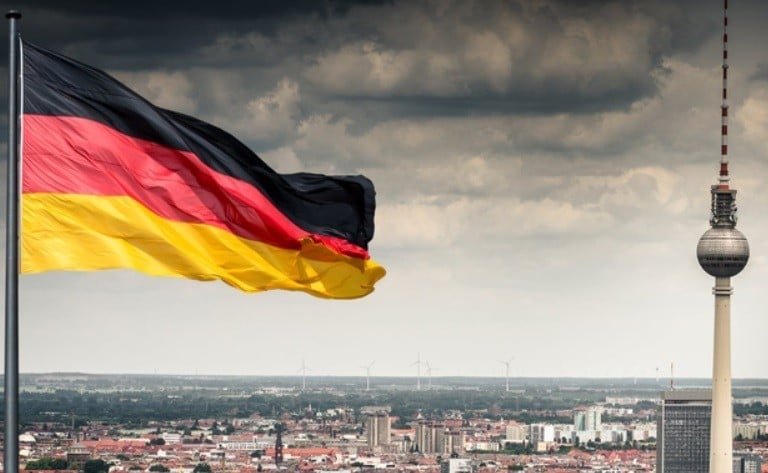 |
| German inflation fell sharply in August 2024, to 1.9% year-on-year. (Source: AP) |
Tourism to make record contribution to global GDP
According to the World Travel and Tourism Council (WTTC) annual report, one in every 10 dollars spent globally in 2024 will be on travel as people rush to book hotels, cruises and flights. This shows that the demand for travel is growing strongly.
The contribution of the travel and tourism industry to global gross domestic product (GDP) is expected to reach new highs as consumers increasingly consider travel an essential part of their budgets.
WTTC estimates that the industry’s contribution to global GDP will increase by 12.1% year-on-year to $11.1 trillion in 2024, accounting for 10% of global GDP. This is up about 7.5% from the previous record set in 2019.
“While last year there were concerns that we would be hit by a global recession and high inflation, this year we are aiming to make travel and tourism a real economic driver globally,” said Julia Simpson, CEO of the non-profit organisation WTTC.
Tourism spending in major economies such as the US, China and Germany is expected to be the biggest contributor to GDP. The industry is expected to support nearly 348 million jobs by 2024, up from a pre-pandemic record of 13.6 million in 2019. The industry is still hiring to meet the demand for rapid growth.
America
* US consumer spending rose sharply in July 2024 , suggesting the world's largest economy is still growing steadily at the beginning of the third quarter of 2024. This is believed to reduce the possibility of the US Federal Reserve (Fed) cutting interest rates by 0.5 percentage points next month.
Consumer spending rose 0.5 percent in July, the Commerce Department reported on August 30, after rising 0.3 percent in June. Economists polled by Reuters had forecast spending would accelerate to a 0.5 percent gain.
This shows that US consumer spending has maintained much of its momentum from the second quarter; this is a factor that helped push GDP growth to 3%, after increasing 1.4% in the first quarter.
* On August 30, three US Democratic senators urged the Biden administration to reduce import quotas on oil country tubular goods (OCTG) from South Korea, noting that this would impact companies operating in Ohio and Pennsylvania.
The senators, Sherrod Brown of Ohio, Bob Casey and John Fetterman of Pennsylvania, noted that the market for OCTG products, used in the drilling, extraction and transportation of oil and natural gas, has declined and led to layoffs at companies operating in the United States.
The senators stressed the impact of reduced demand and quotas on companies like Tenaris, which operates in Ohio and Pennsylvania, or Vallourec, which operates in Ohio.
China
* Two Chinese state-owned shipbuilders said on September 2 they are preparing for a merger , a move that could end their rivalry and address a global shortage of ships.
In separate but nearly identical filings to the Shanghai Stock Exchange late on September 2, China CSSC Holdings and China Shipbuilding Industry (CSICL) said they had signed an agreement of intent to merge earlier in the day. Trading in the two companies’ shares was suspended on September 3 to avoid unusual volatility while they worked out the deal, with the halt expected to last no more than 10 trading days.
The plan will see CSICL taken over by CSSC Holdings through a share swap, according to the disclosure. Based on the latest share price, CSSC Holdings' market capitalization is 156.08 billion yuan ($22 billion) while CSICL's market capitalization is 113.55 billion yuan ($16 billion).
* China announced on September 3 that it would launch an anti-dumping investigation into canola oil imports from Canada, after the country imposed tariffs on Chinese electric vehicles. The move sent canola futures prices soaring to their highest level in a month.
Canada has followed the US and the European Union (EU) in imposing tariffs on Chinese goods. Last week, Canada announced a 100% tariff on electric vehicles imported from China and a 25% tariff on steel and aluminum imported from China.
In a press release, a spokesperson for China's Ministry of Commerce said the country strongly opposes Canada's unilateral and discriminatory restrictions on imports from China, despite opposition from many parties.
China’s Ministry of Commerce will also launch an anti-dumping investigation into certain products imported from Canada. More than half of Canada’s canola oil production is exported to China, the world’s largest importer of the oilseed.
Europe
* The report on agricultural and food trade published by the European Commission on September 3 shows that the EU's agricultural and food export turnover from January to May 2024 increased by 2% compared to the same period last year to 97.4 billion euros (107.5 billion USD).
According to the report, EU agri-food exports reached 19.7 billion euros in May 2024 and the total agri-food trade surplus remained stable at 5 billion euros.
The UK was the EU's top agri-food export destination, followed by the US, which rose 9% due to rising olive oil prices.
* Czech Prime Minister Petr Fiala announced on September 1 that in the 2024 budget draft, the government will allocate the largest amount of money in history for investment, focusing on developing transport infrastructure, research, innovation, education and defense.
Czech Finance Minister Zbynek Stanjura said the draft 2024 budget respects the government's priorities and will allocate a record CZK 250 billion ($11 billion) in investment funds. In the 2023 budget, the Czech government earmarked CZK 185 billion for investment.
* German inflation fell sharply in August 2024 , to 1.9% year-on-year. This was the lowest level in more than 3 years and exceeded the expectations of many economists.
Preliminary figures released by the Federal Statistics Office on August 29 showed that German consumers had some relief from the pressure on their wallets in August, as inflation fell to just 1.9% year-on-year and down from 2.3% in July 2024. Along with the decrease in inflation, prices even fell by 0.1% compared to the previous month.
German inflation has fallen below the European Central Bank's (ECB) 2% target for the eurozone, its lowest level in more than three years, the latest figures could prompt the ECB to cut interest rates again next month.
* TotalEnergies - French multinational oil and gas group - will form a new joint venture with Indian energy company Adani Green Energy in a deal in which Total will invest $444 million in equity.
Under the new deal, in which TotalEnergies will invest more money, each party will hold a 50% stake in a new portfolio of 1.15 GW of solar projects, including both operational and under-construction projects.
Japan and Korea
* The Japanese government plans to make recycling of solar panels mandatory . This is an effort to prepare for the large number of solar panels that will expire by 2030, affecting the environment.
Although the number of solar panels in Japan began to increase in the late 2010s, many of them will reach their end of life in the 2030s, which could lead to mass disposal.
* On September 3, the Ministry of Agriculture, Forestry and Fisheries announced that Japan's rice exports from January to July reached a peak of 24,469 tons, up 23% over the same period last year.
The highest volume of rice exports, 7,163 tons, was exported to Hong Kong (China); the US ranked second with 4,638 tons, followed by Singapore with 3,554 tons. The total export value also reached the highest level of 6.4 billion Yen (44.14 million USD), up 29%.
* Benefiting from the strong growth of semiconductor and automobile exports, Korea's export growth rate ranked first among major countries in the World Trade Organization (WTO) in the first half of this year. In terms of export value, Korea has significantly narrowed the gap with Japan, which ranks 6th and is expected to become one of the world's top 5 exporters.
According to the latest WTO data, South Korea's export growth rate in the first half of 2024 reached 9.1%, ranking first among the world's top 10 exporters.
South Korea's export turnover in the first half of the year reached 335 billion USD, ranking 7th, but the gap with the leading countries has narrowed significantly. In terms of export value, China ranked first with a turnover of 2,017.8 billion USD; the US (USD) ranked second with 1,026.4 billion USD; followed by Germany, the Netherlands, Italy, Japan and South Korea.
* Starting September 1, banks in South Korea tightened restrictions on mortgage lending amid concerns over Seoul's rising home prices and household debt.
The move comes as South Korea's Financial Services Commission asked banks to tighten screening for new mortgage borrowers and allow them to take out smaller loans than before but under stricter criteria.
ASEAN and emerging economies
* The press office of the Russian Ministry of Economic Development said on August 30 that BRICS members have adopted a framework for sustainable development on climate, which will help identify measures to respond to climate change without affecting the economic interests of the countries. In addition, the parties also signed a Memorandum of Understanding (MoU) on partnership in the carbon market.
The BRICS Sustainable Development Cooperation Framework covers all key aspects related to climate action such as just transition, adaptation, carbon markets, finance, science and business engagement.
* On September 1, the Algerian Ministry of Finance confirmed that the country has been approved to become a member of the New Development Bank (NDB), part of the BRICS group of leading emerging economies.
The decision to admit Algeria as the ninth member was announced after the annual meeting of the Board of Governors of the NDB Bank held on August 31 in Cape Town (South Africa).
The Algerian Ministry of Finance's statement stated that by joining the NDB, the North African country has taken an important step in its integration into the global financial system.
Membership in the NDB now offers Algeria new prospects to support and enhance economic growth in the medium and long term, the press release added.
* On September 3, the 2nd Indonesia-Africa Forum (IAF) and the High-Level Forum on Multi-Stakeholder Partnership (HLF MSP) concluded at the Bali International Convention Center, Indonesia.
Within the framework of business connection activities at the two Forums, Indonesia and African countries achieved a total commitment value of 3.5 billion USD , more than 6 times higher than the results at the first Forum held in 2018 (only reaching 568 million USD).
Accordingly, these commitments are related to the fields of health, pharmaceuticals, vaccines (about 94.2 million USD); energy, electricity infrastructure, gas exploitation (1.4 billion USD) and food, fertilizer production (1.2 billion USD)...
* The Philippine Department of Agriculture announced on August 31 that the country has lifted the ban on the import of wild and domesticated birds , including poultry products, from the US states of California and South Dakota.
The announcement stated that the two states of California and South Dakota have not recorded any new outbreaks of bird flu since early June.
* According to the latest report of the Bank of Thailand (BoT), the country's economic and monetary conditions recorded an improvement in July 2024, mainly thanks to exports and tourism.
Thailand welcomed 3.1 million international visitors in July, about 400,000 more than the previous month, driven by visitors from Malaysia, China, Russia and Europe, despite a decline in the number of tourists from the Middle East and India. Seasonally adjusted tourism receipts increased thanks to higher average spending per visitor, especially from Russia and Germany.
Source: https://baoquocte.vn/kinh-te-the-gioi-noi-bat-308-59-lam-phat-duc-lao-doc-trung-quoc-tra-dua-canada-them-mot-nuoc-gia-nhap-ngan-hang-ndb-cua-brics-284984.html








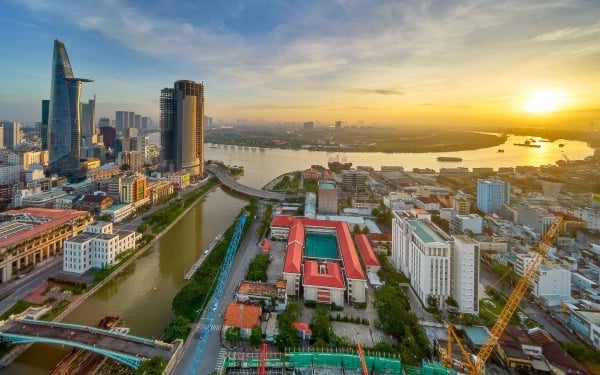

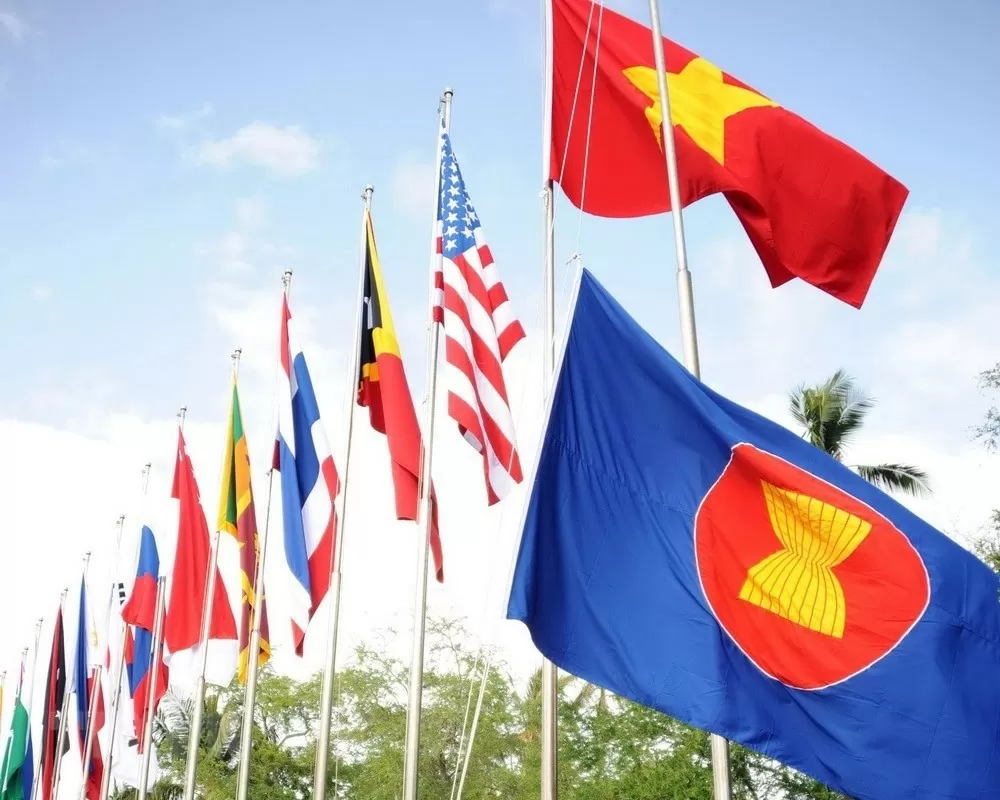
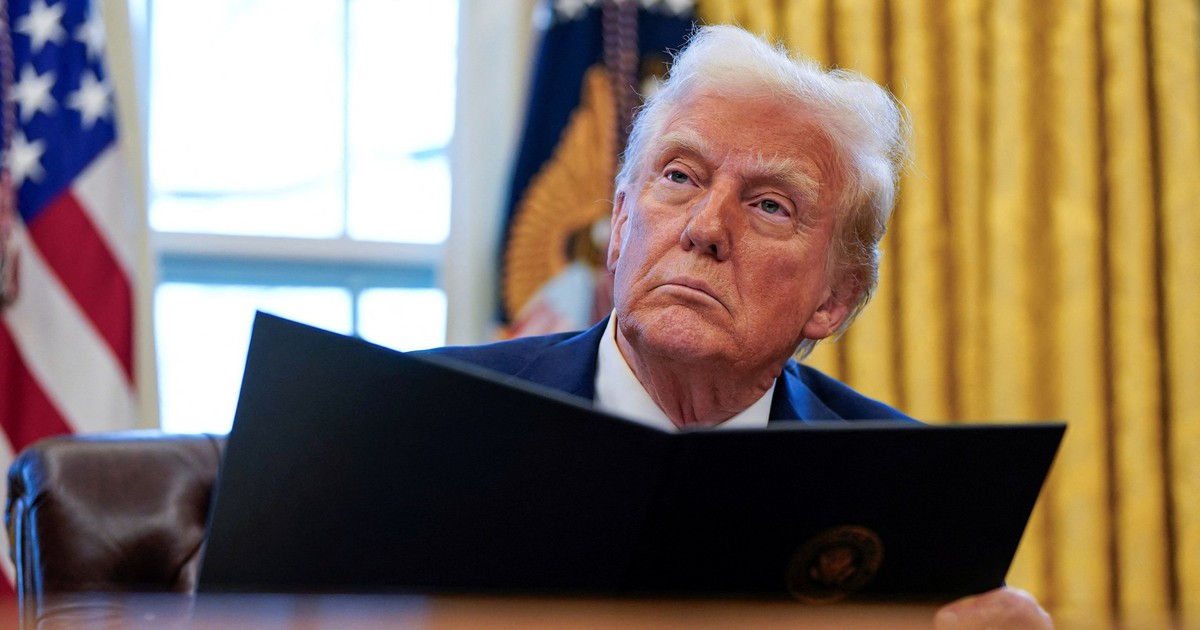

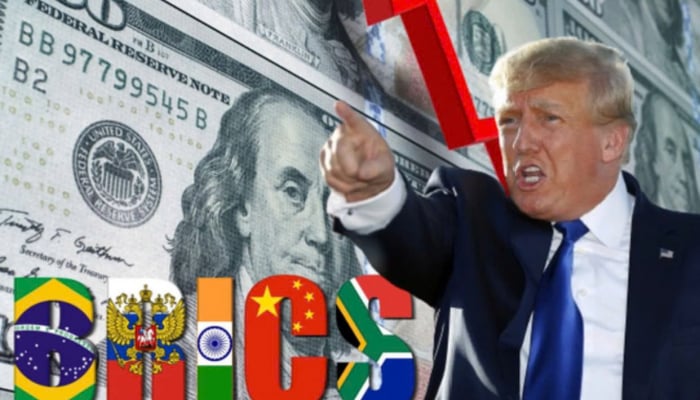

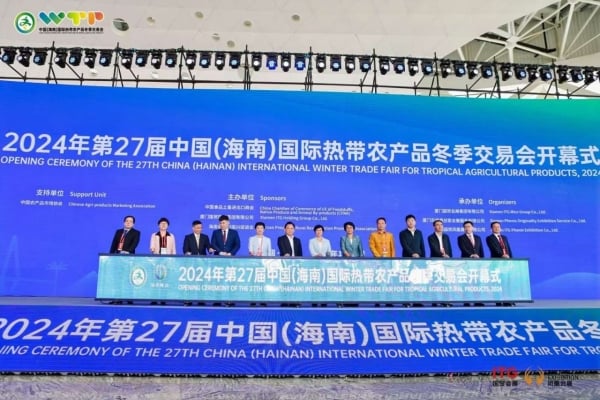
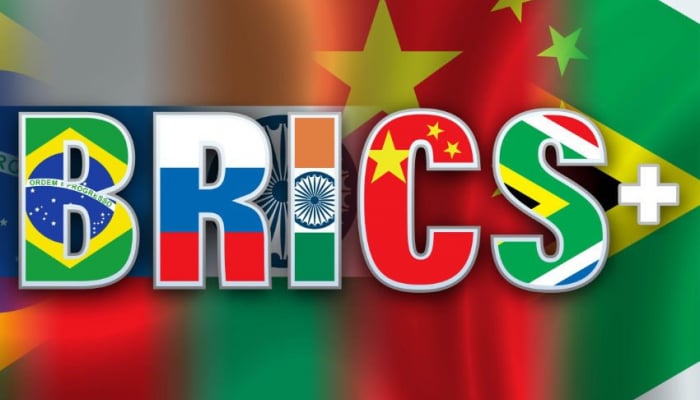

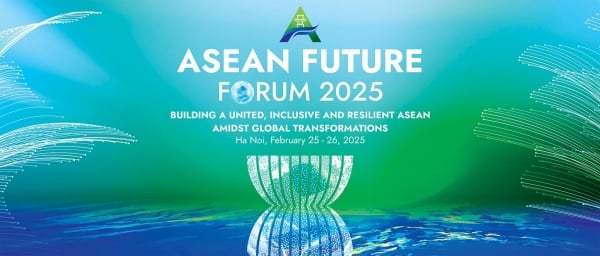
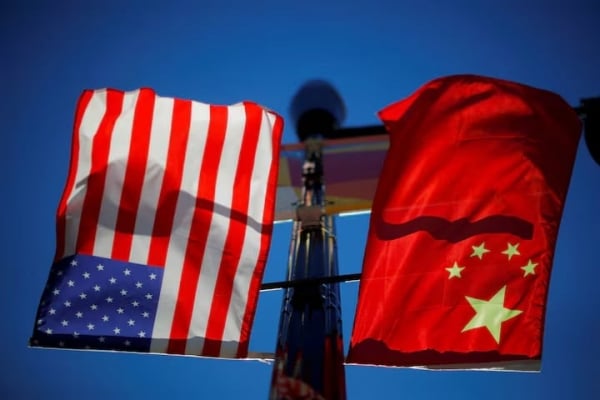



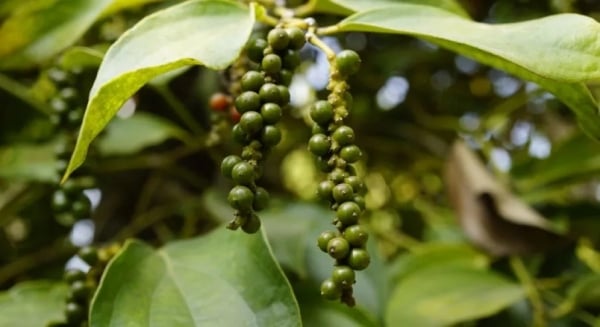





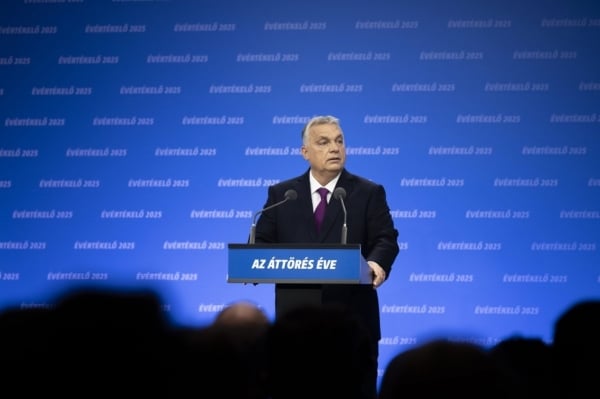







![[Photo] Prime Minister Pham Minh Chinh chairs Government Conference with localities on economic growth](https://vstatic.vietnam.vn/vietnam/resource/IMAGE/2025/2/21/f34583484f2643a2a2b72168a0d64baa)






























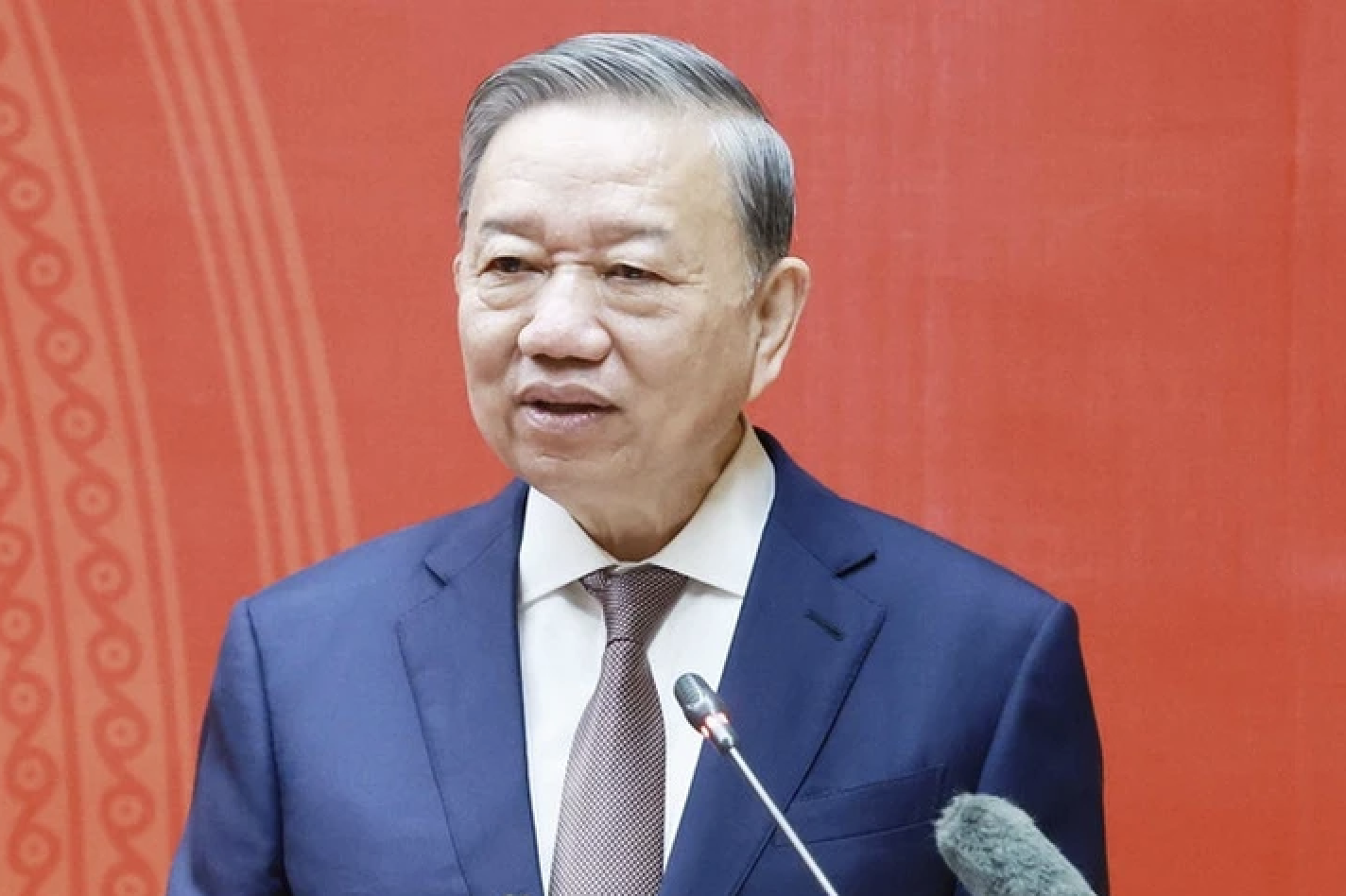
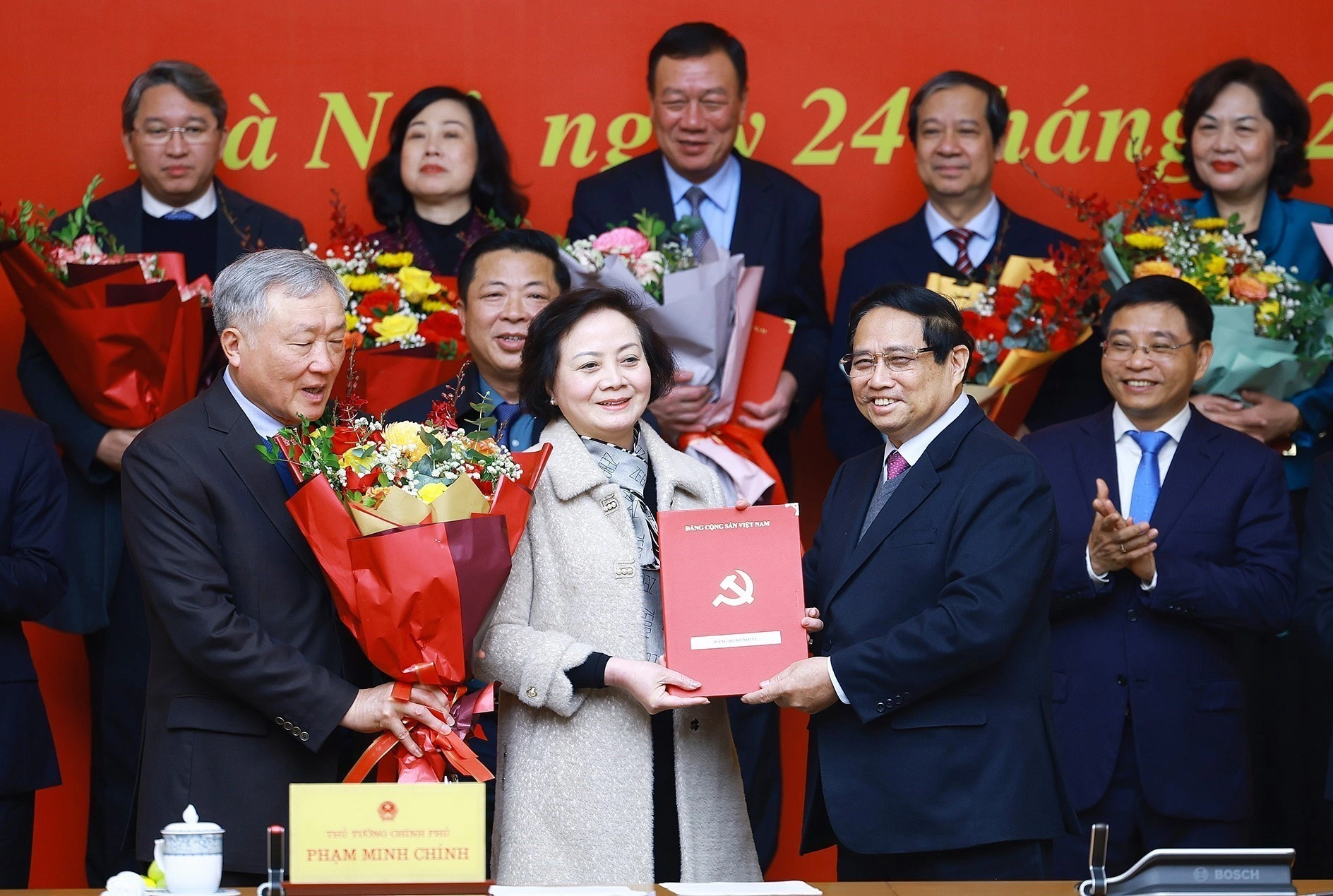
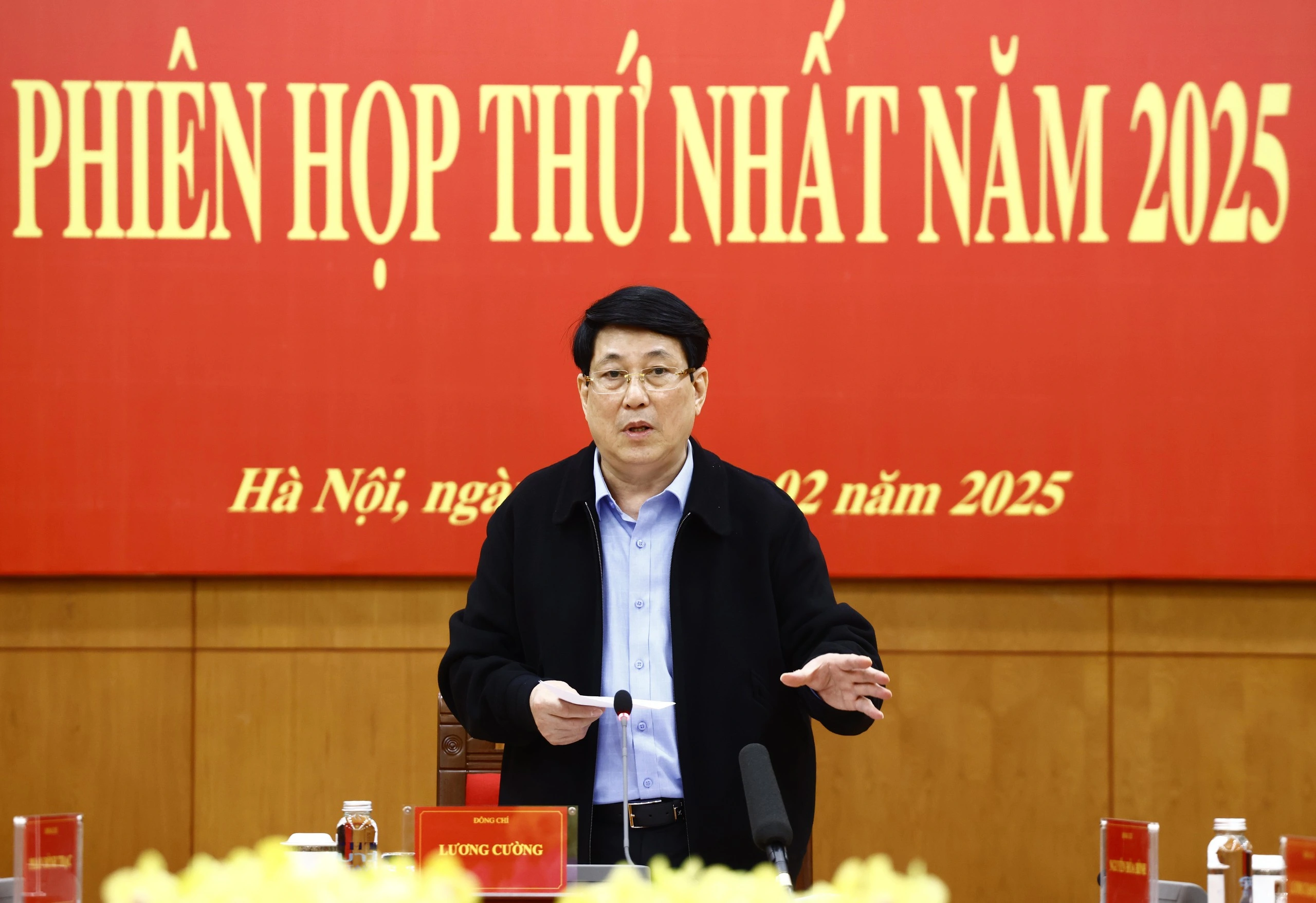





















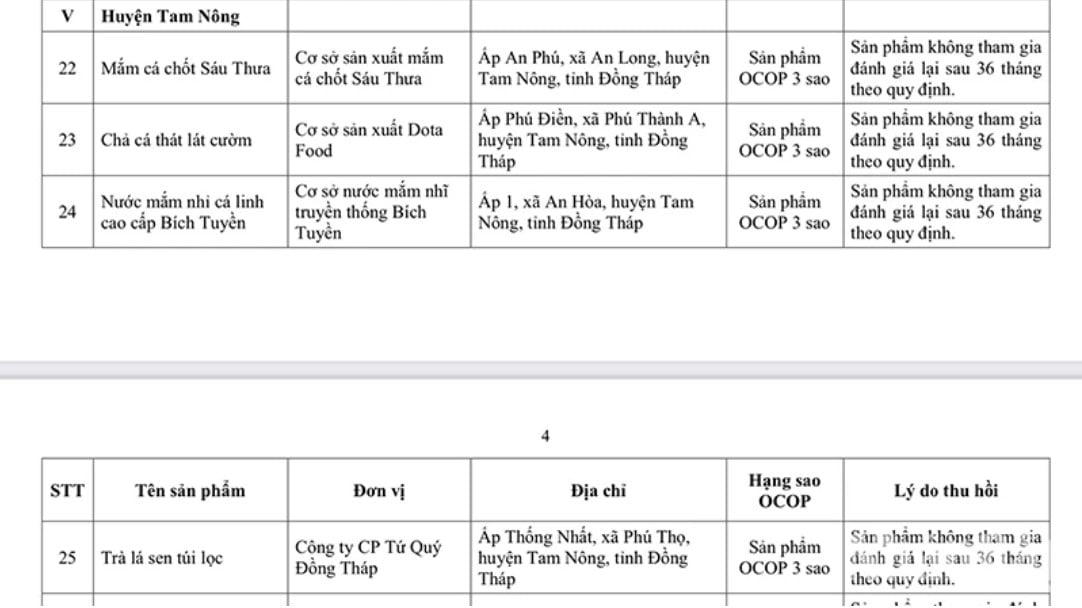

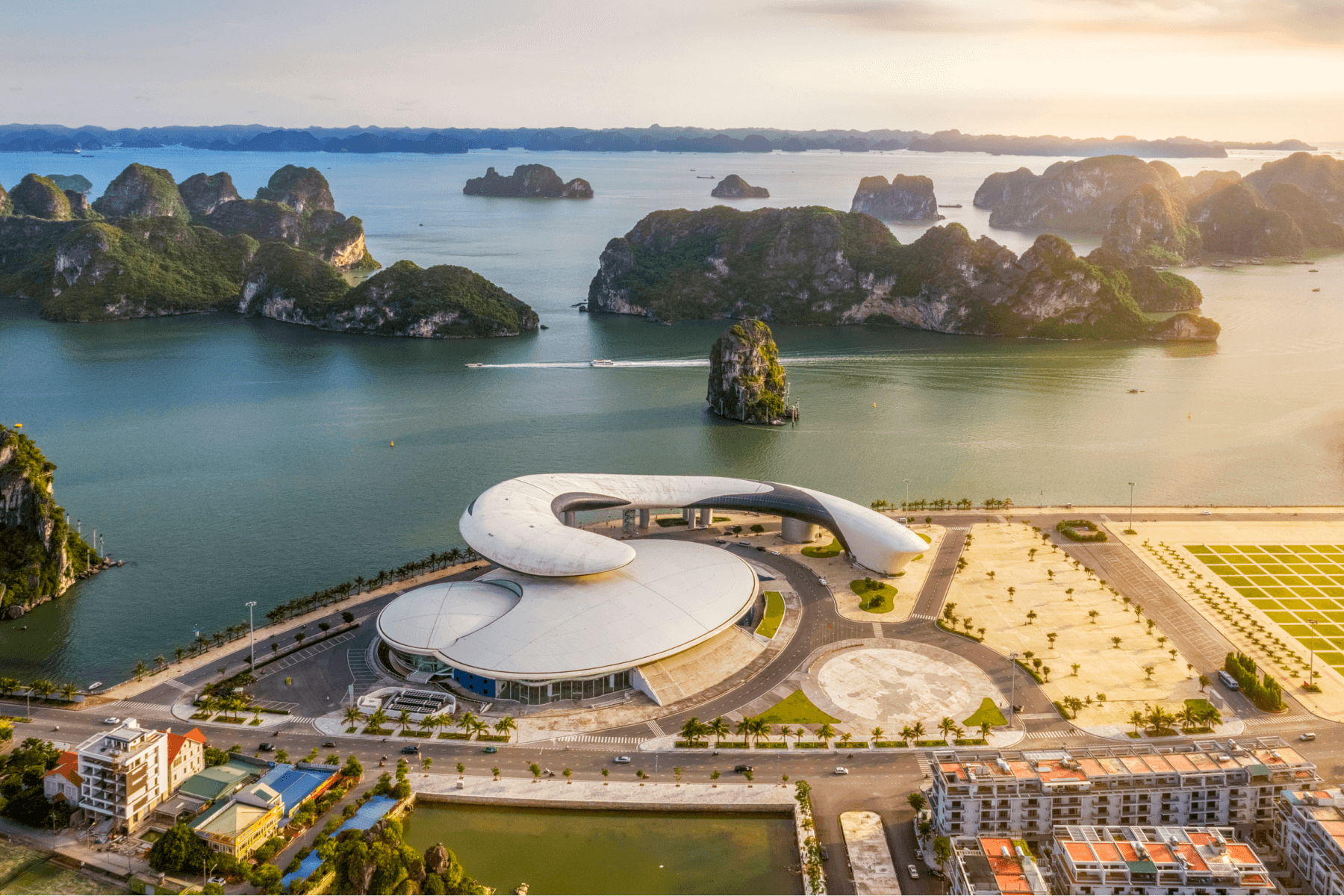
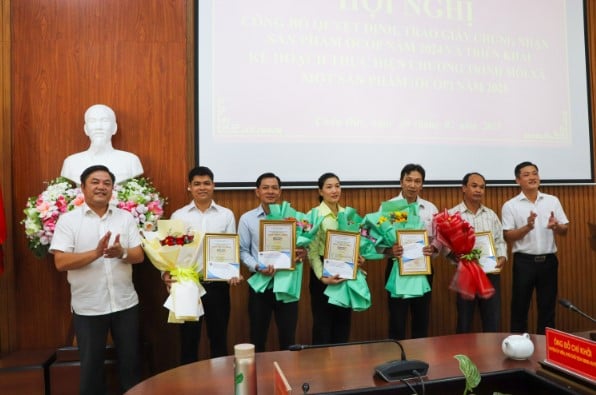
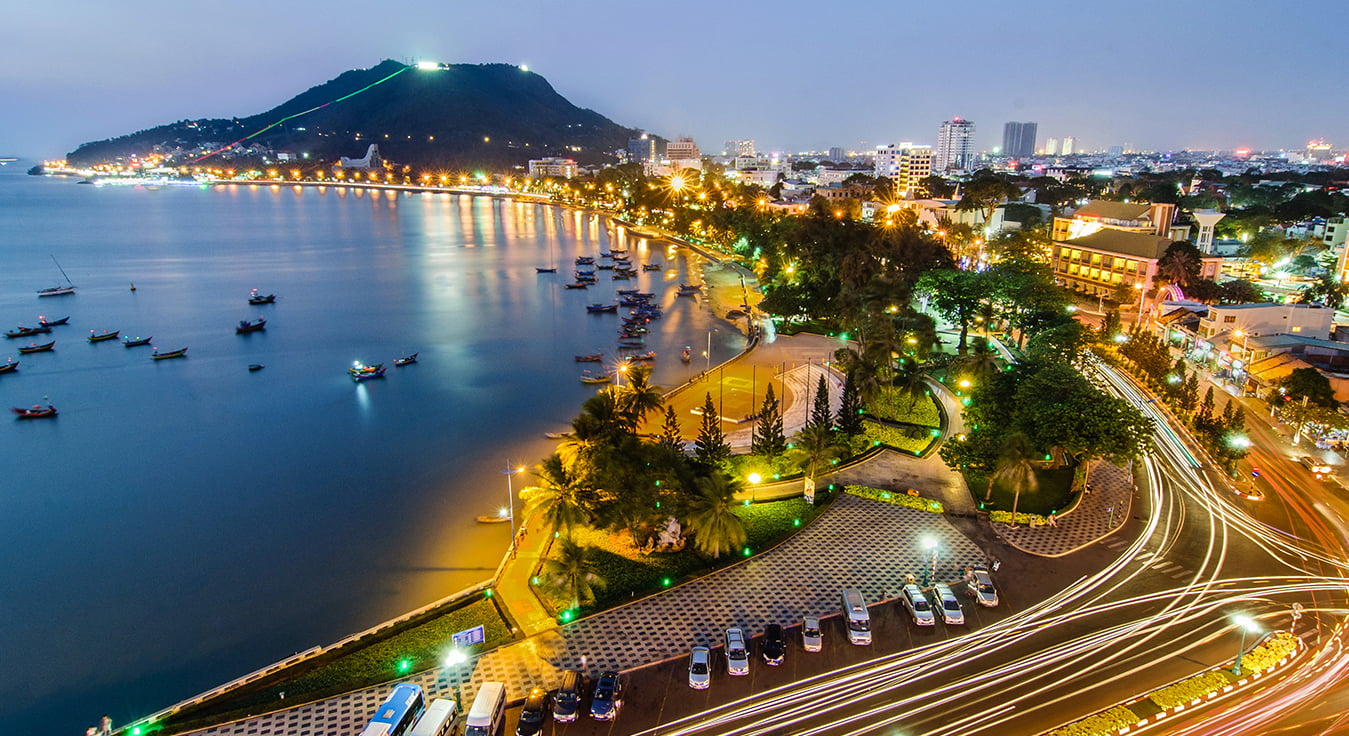
Comment (0)